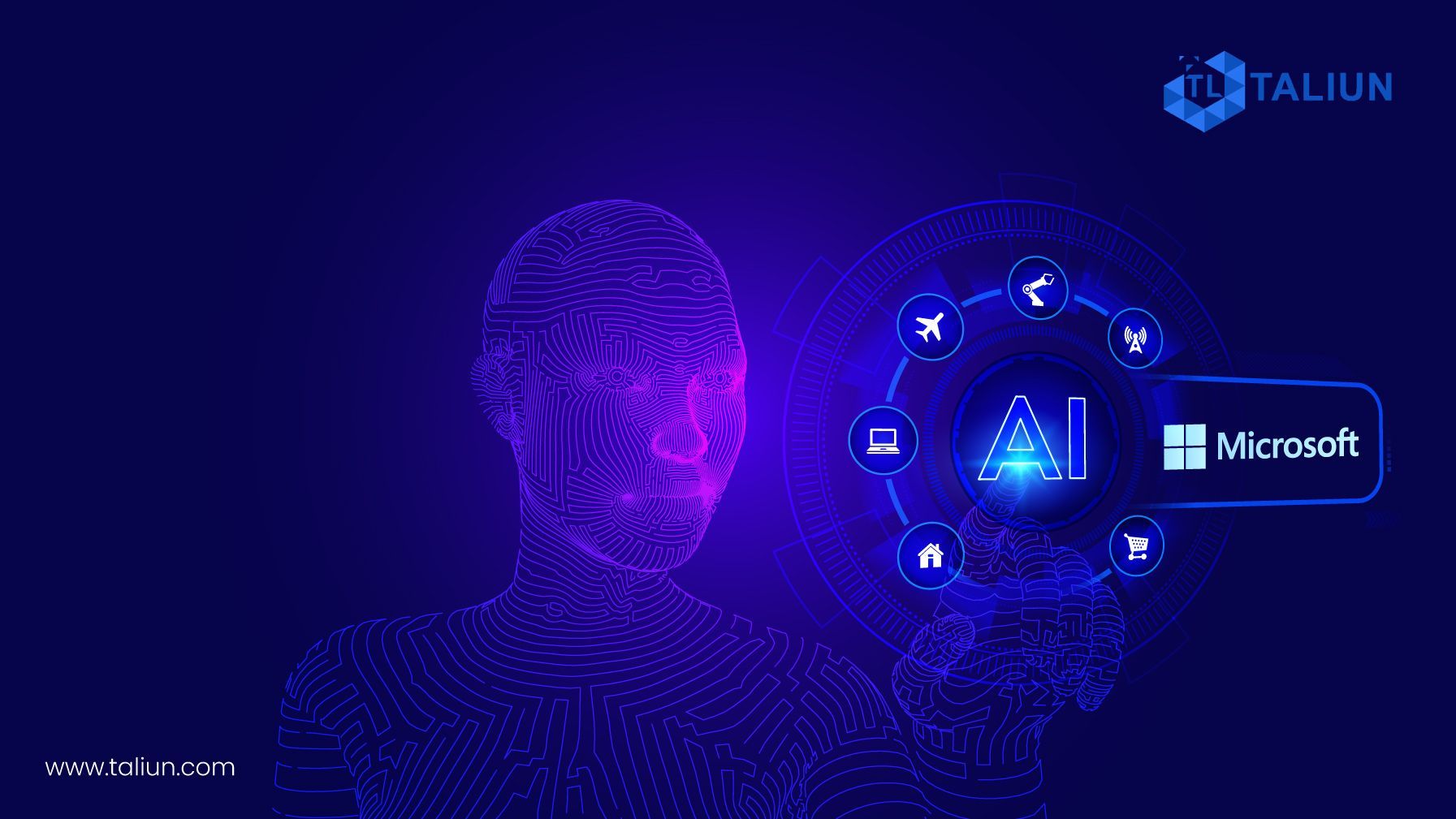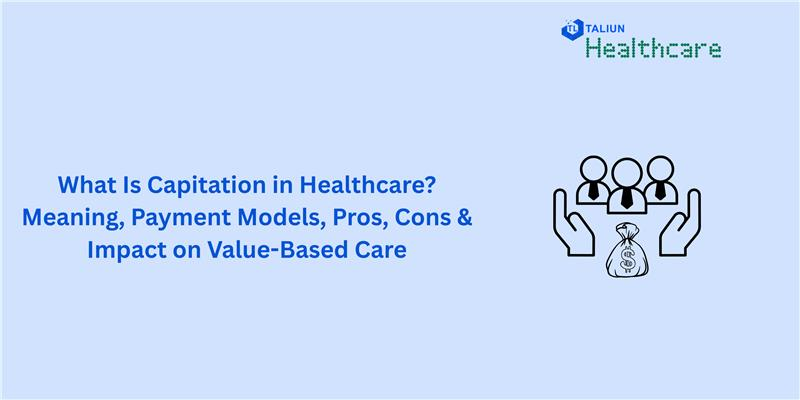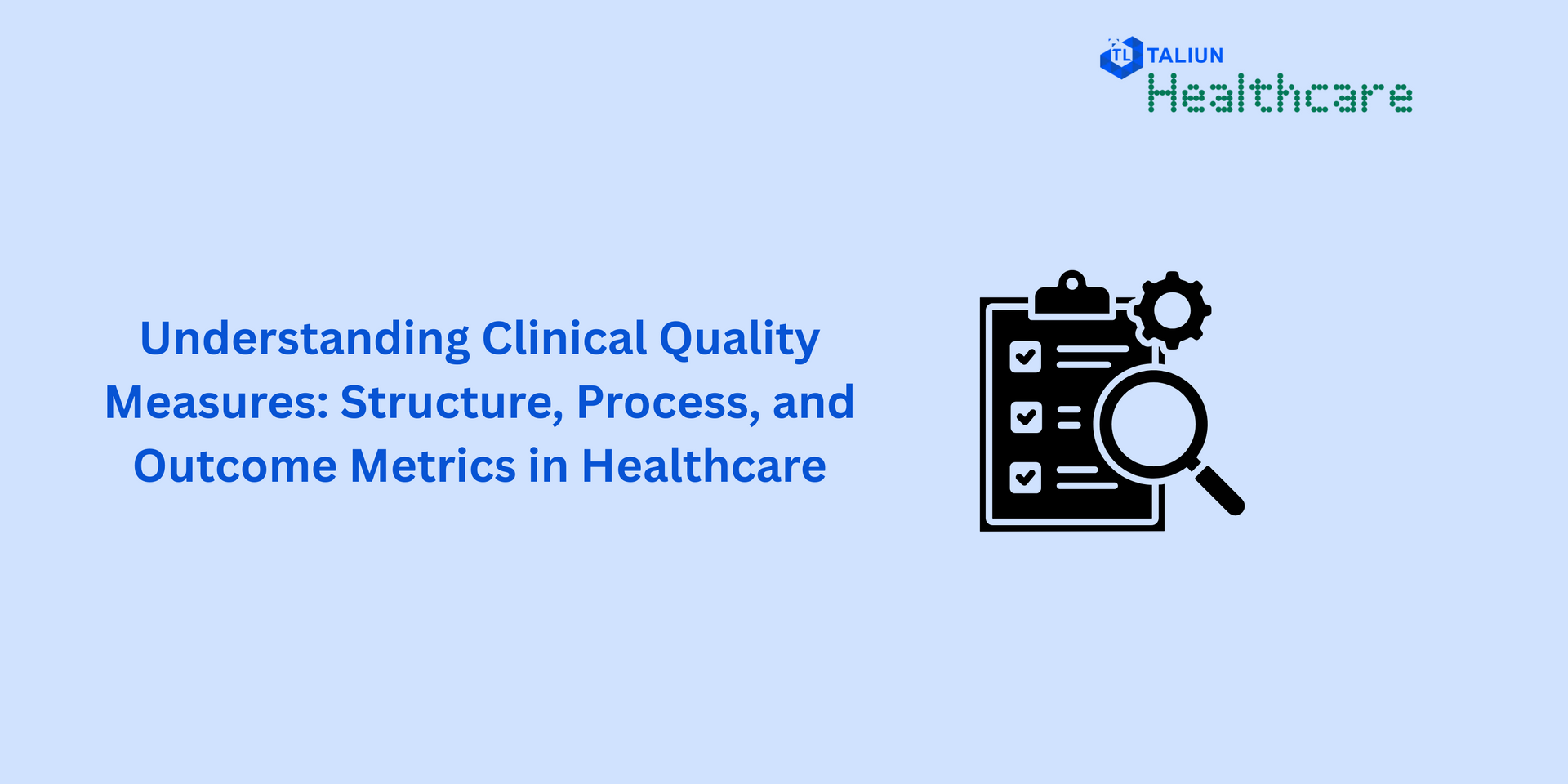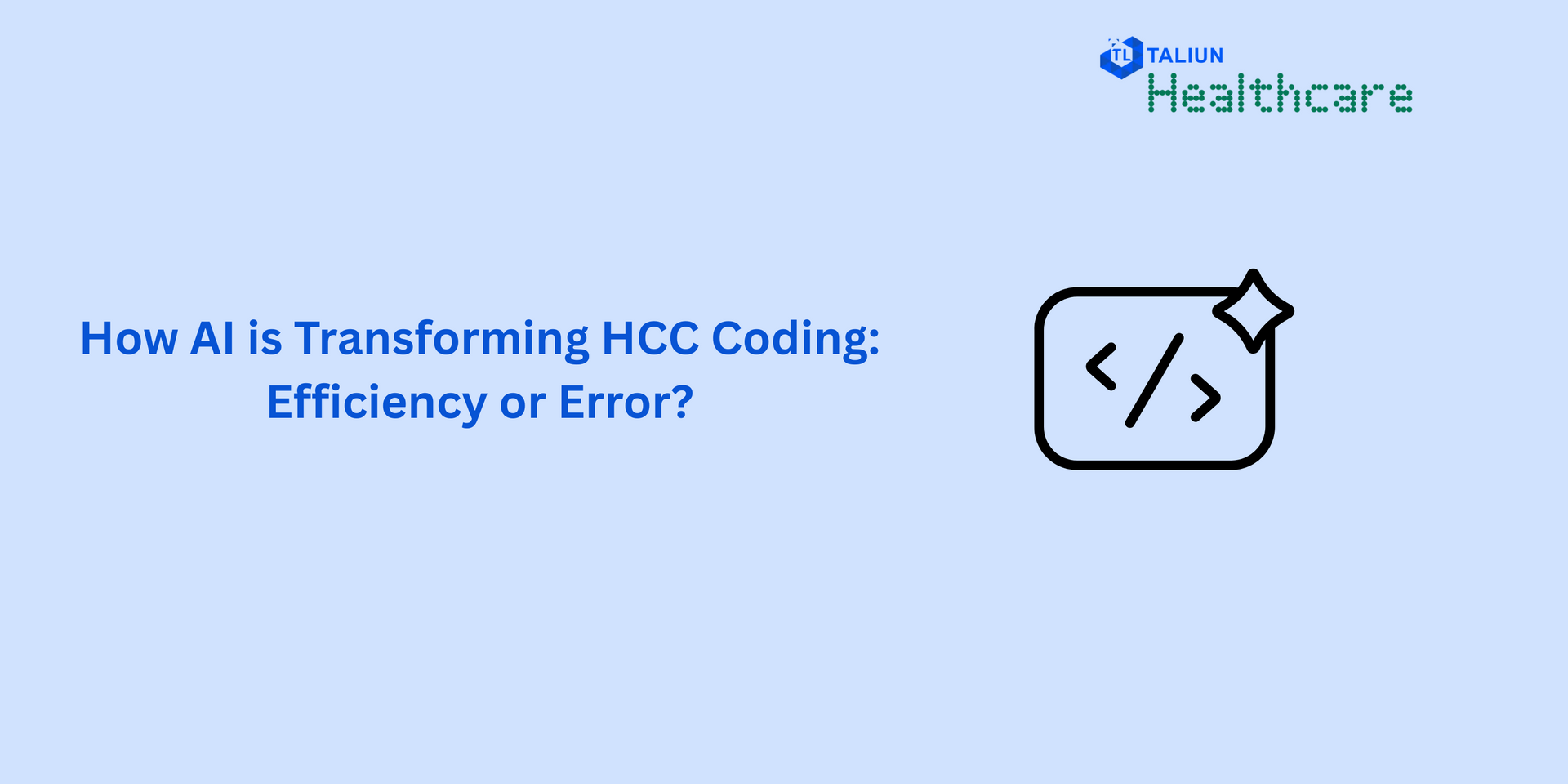Unleashing the Full Potential of Generative AI with Microsoft's Tech Stack

Generative Artificial Intelligence (AI) has emerged as a groundbreaking technology, enabling machines to create original and realistic content, from images and music to text and videos. Microsoft's comprehensive tech stack provides a powerful foundation for harnessing the full potential of generative AI. In this article, we will explore the key components of Microsoft's tech stack and how they can be leveraged to unlock the creative possibilities of generative AI.
1. Azure Cognitive Services:
Microsoft Azure Cognitive Services offers a range of pre-trained models and APIs that can be used for various generative AI tasks. The Text Analytics API can analyze and generate textual content, while the Computer Vision API can process and generate images. The Speech Services API enables voice-based interactions, and the Translator Text API can assist with multilingual content generation. These services provide a solid starting point for integrating generative AI into your applications.
2. Azure Machine Learning:
Azure Machine Learning is a cloud-based service that empowers developers and data scientists to build, deploy, and manage machine learning models. With Azure Machine Learning, you can train and fine-tune generative AI models using powerful GPUs and TPUs. The platform's AutoML capabilities simplify the model selection and hyperparameter tuning process, helping you optimize your generative AI models effectively.
3. Azure Databricks:
Azure Databricks is a fast, scalable, and collaborative Apache Spark-based analytics platform. It allows you to process large volumes of data and leverage distributed computing power for training and inference of generative AI models. Databricks provides a unified environment for data preparation, model development, and deployment, making it an excellent choice for building and scaling generative AI solutions.
4. Azure Cognitive Search:
Azure Cognitive Search is a fully managed cloud search service that enables you to build intelligent search experiences over structured and unstructured data. By incorporating generative AI models into the indexing and querying process, you can enhance search results with automatically generated summaries, tags, and recommendations. This combination of search and generative AI can revolutionize content discovery and personalization.
5. Microsoft Power Platform:
Microsoft Power Platform brings together low-code tools, services, and connectors to build applications and workflows quickly. By integrating generative AI capabilities into Power Apps, Power Automate, and Power BI, you can automate content generation, create intelligent chatbots, and generate insightful visualizations. The Power Platform empowers non-technical users to leverage generative AI, making it accessible to a broader audience.
Conclusion:
Generative AI, powered by Microsoft's tech stack, opens up a world of creative possibilities. From generating realistic images to composing music and producing engaging content, the combination of Azure Cognitive Services, Azure Machine Learning, Azure Databricks, Azure Cognitive Search, and Microsoft Power Platform provides a comprehensive toolkit for tapping into the full potential of generative AI. By embracing this technology, businesses can drive innovation, enhance user experiences, and unlock new opportunities in various domains.
Remember, responsible and ethical use of generative AI is crucial. Always consider the potential impact and implications of AI-generated content, and ensure it aligns with your organization's values and guidelines.




